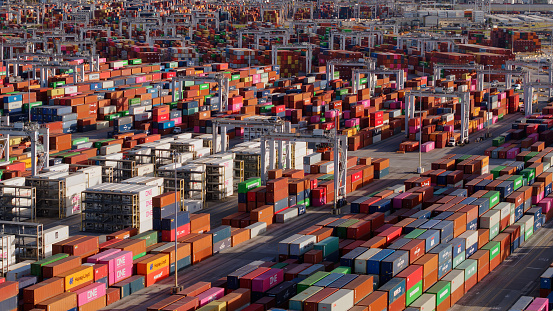
Emerging startups are deploying AI to solve supply chain disruptions
Supply chain disruptions are inevitable, and they show little sign of abating.

Supply chain disruptions are inevitable, and they show little sign of abating.
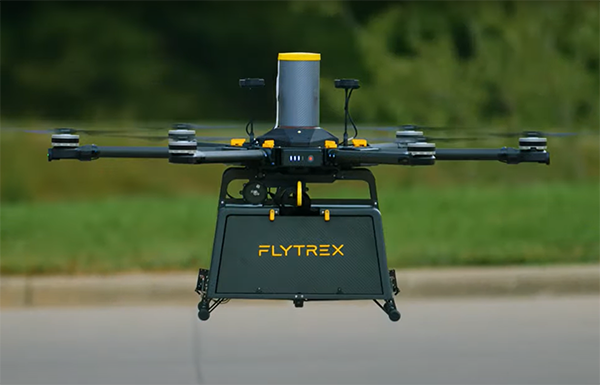
Flytrex, a drone delivery company, has collaborated with Unilever’s first online-only shop named, The Ice Cream Shop.

CPG companies have been facing supply chain challenges for quite some time.
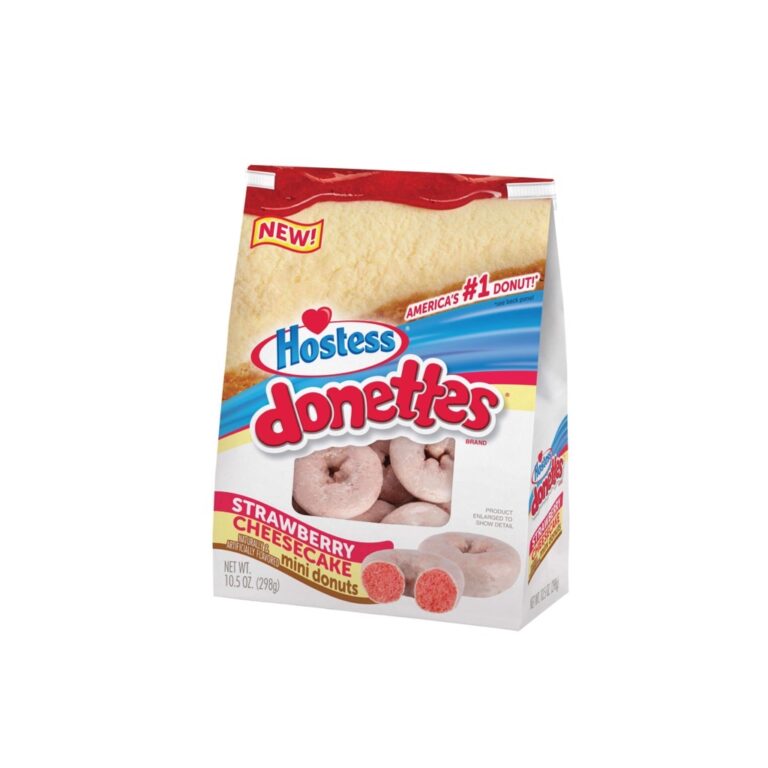
Hostess Brands, Inc. is determined to work with its supply chain department and come up with innovative solutions to reduce packaging.
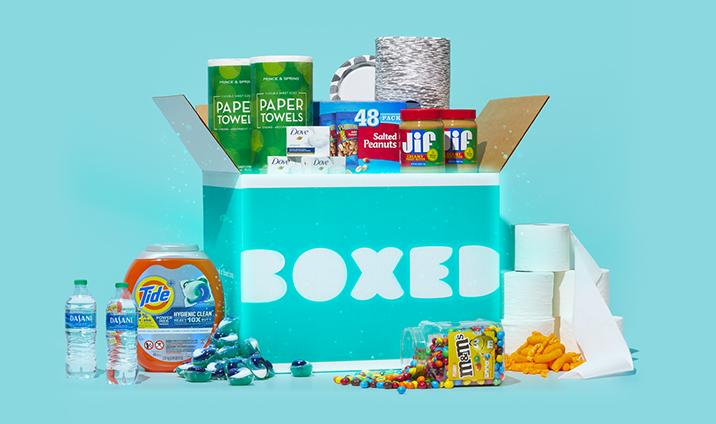
FedEx has partnered with the e-commerce wholesale product seller, Boxed, and signed a multi-year agreement to deliver most of its shipments.
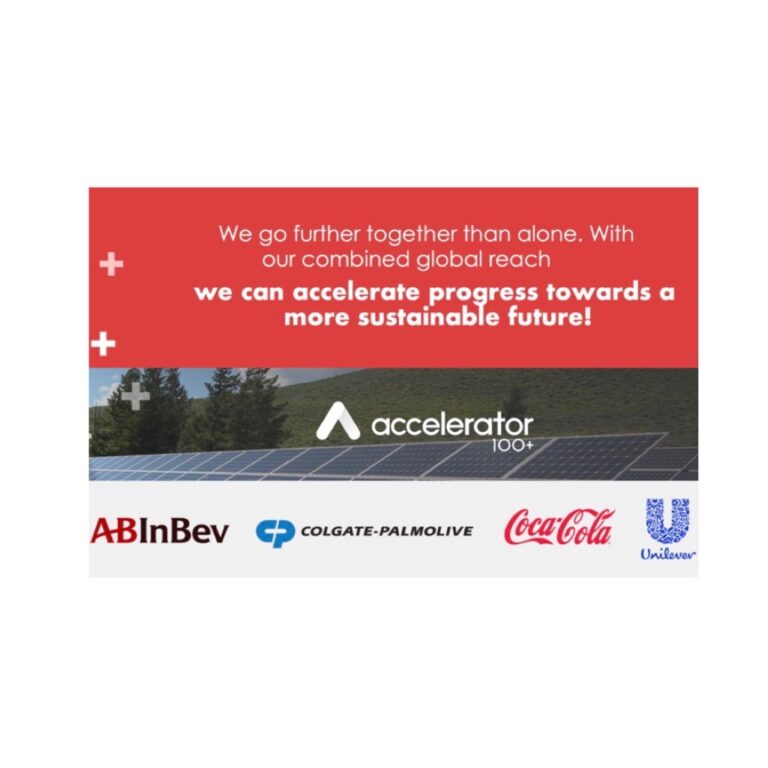
CPG giants like Colgate-Palmolive, Coca-Cola Company, and Unilever have decided to support Anheuser-Busch InBev (AB InBev) 100+ Accelerator to test and fund sustainably innovative startups in the supply chain. The 100+ Accelerator is a global incubation programme that is determined to provide solutions for supply chain challenges across sustainable agriculture, circular economy, climate action, and water stewardship. Along with funding piloting startups, the incubator programme offers mega support to startups by providing them with a team of professionals who help them test their technologies in a large supply chain network. The support of The Coca-Cola Company, Colgate-Palmolive, and Unilever will help grow this initiative and further develop the value proposition of the AB InBev 100+ Accelerator brand and aim. Read more from Consumergoods
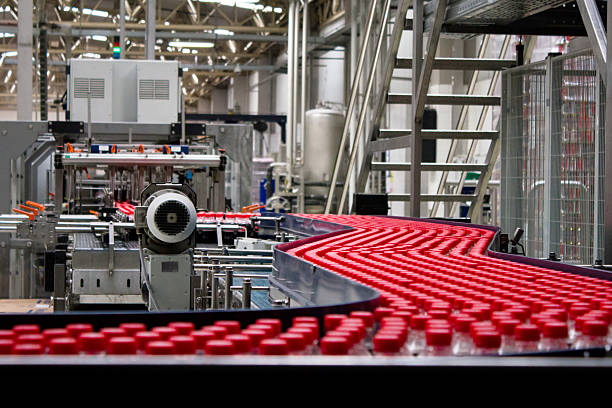
Frucor Suntory, the beverage giant, has planned to invest $400 million to build a new manufacturing plant in Ipswich, Queensland. The Suntory Beverage & Food APAC CEO, Taka Sanno, said that the brand sees chances of potential growth in Australia, which is why Suntory has decided to build a new manufacturing facility in the region. The plant will be able to manufacture a variety of delicious and refreshing drinks, plus, it will serve as a one-window facility where processing, packaging, warehousing, and distribution functions will take place. Read more from Insidefmcg
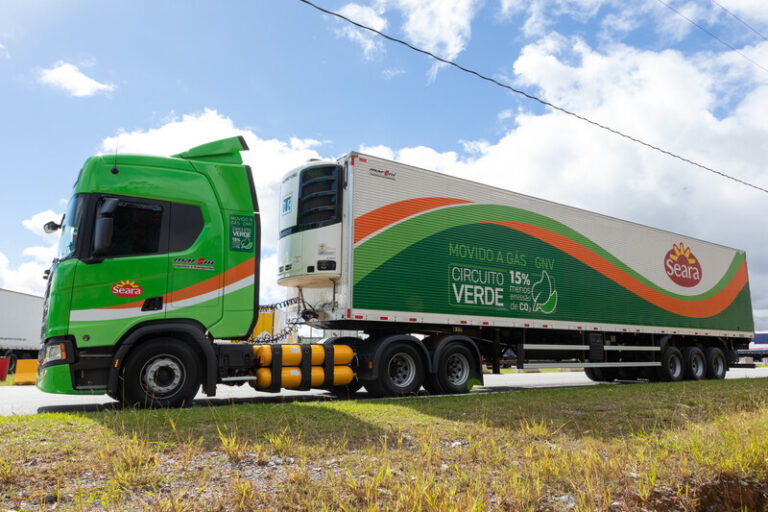
A global supplier of processed meat, chicken and beef products, JBS, has rolled out its new business titled No Carbon. No Carbon deals with 100% electric truck rentals and will help JBS achieve its net zero-emission goals by 2040. The company’s new business will function under JBS Novos Negócios and will manage a fleet of electric-powered refrigerated trucks. The company will initially serve in-house brands by managing the logistic operations of JBS’s Friboi, Seara, and Swift brands. The executive director at JBS Novos Negócios, Susana Martins Carvalho, remarked that No carbon will enable JBS to scale electric trucks in cargo transport in Brazil. Read more from EsmMagazine

Most of the global CPG companies are stepping up their games to reduce their carbon footprint. DHL recently published its white paper titled “Logistics of the Energy Revolution”, shedding light on some concern-worthy facts. As per the white paper, there are five areas critical for the energy transition, and companies need to keep a closer eye on them. These areas involve work end-to-end, collaboration, digitalisation, identification of transferable skills, focus on visibility, and opting for sustainable logistics solutions. The supply chain, specifically, has to undergo major transformations like digitalisation, new technologies to monitor consumption behaviours, and new logistics management processes. If CPG companies aim to achieve energy transition, they should strategically plan for the future and address logistics challenges. Read more from ArabianBusiness
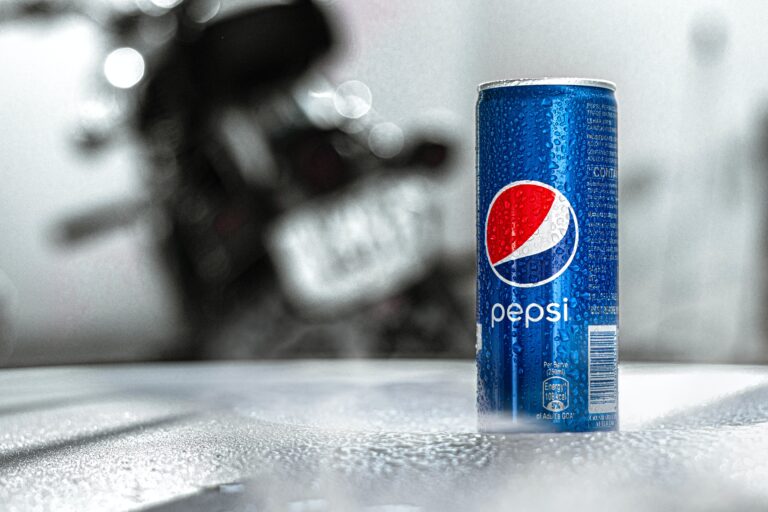
Pepsico is utilising an AI-empowered solution to improve efficiency and establish digital innovation across its supply chain operations. PepsiCo will use 09 Solutions’ integrated business planning platform to perform real-time scenario planning. The beverage giant would be able to evaluate the supply chain and commercial situation with the help of real-time scenario planning. Plus, the firm would help PepsiCo improve its execution arm. Read more from ConsumerGoods

Most retailers and brands struggle to acquire a fast and affordable supply chain technology like Amazon and Walmart. Shipium has decided to provide Amazon-like supply chain tech to e-commerce retailers. Shipium is establishing a tech stack, providing retailers with a supply chain coordination layer that allows them to deliver a shipment at faster and cheaper rates. The company uses the data modeling design to gather information about the cheapest and fastest shipping method and then automates it with machine learning. This way, the company claims to reduce the shipping cost by 5% and speed up the estimated delivery time. Read more from TechCrunch
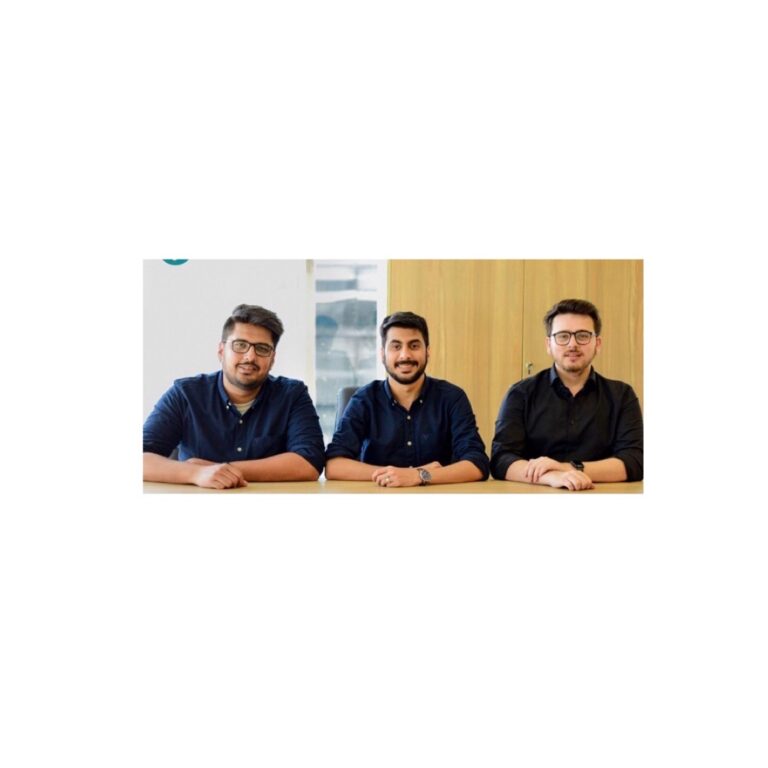
A Pakistani B2B tech platform, Zaraye, connects manufacturers with suppliers, and it has raised $2.1 million in its pre-seed funding. Big names like Tiger Global and Zayn Capital participated in the funding round. Zaraye not only offers raw materials but also provides working capital to manufacturing businesses. Traditionally, manufacturers connect with suppliers directly and wait for their final rate call. However, with Zaraye, manufacturers are given an autonomous position, where they can post their requirements and suppliers can quote from Zaraye’s network of buyers. Read more from TechCrunch
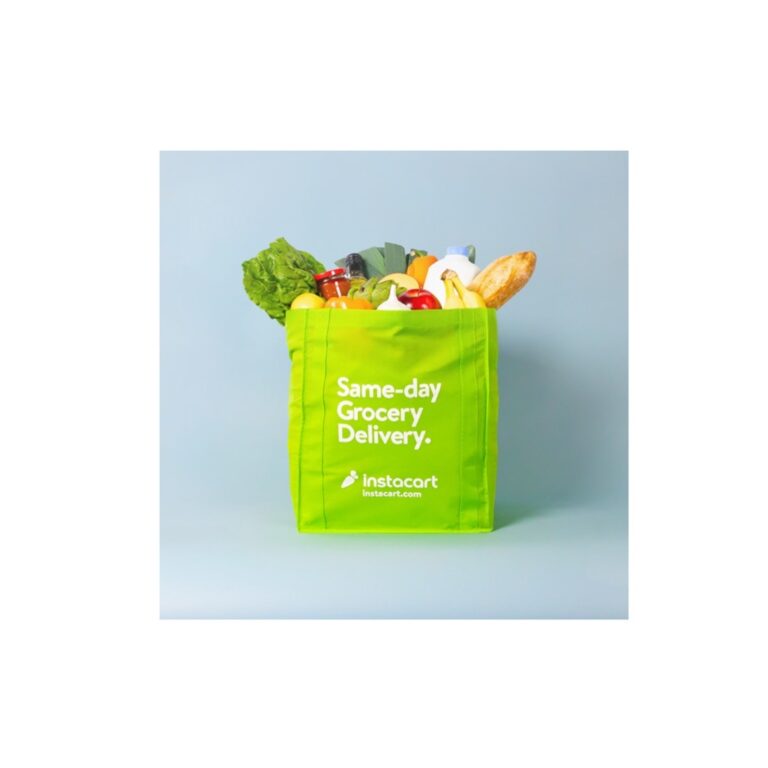
Instacart has expanded its services from being a grocery delivery platform to a suite provider for retailers, featuring technological and digital services. The company recently launched the Instacart platform, which offers e-commerce development, in-store technology like smart carts and data tools. In the marketing field, it benefitted other brands through its new marketing capabilities, like creating CPG brand pages that act as digital storefronts. Instacart has not only partnered with famous grocers like Kroger, The Giant Company, and Walmart but it has also joined hands with Walgreens and Best Buy to deliver non-grocery items, including medicines and electronic products. Read more from Modernretail
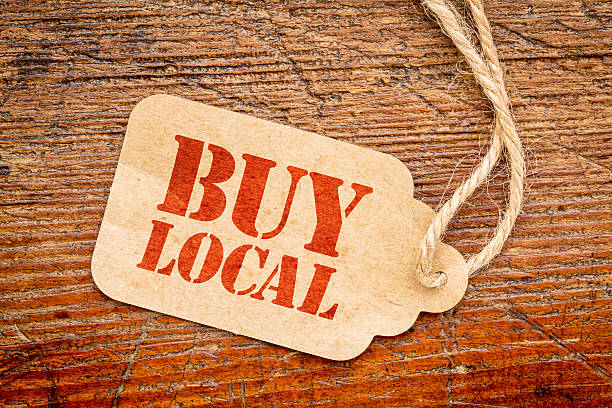
As per Mintel’s 2022 global consumer trends, 61% of UK consumers prefer to buy from brands that are committed to ethical sourcing and working for the betterment of the environment. As palm oil is a key ingredient in every product sold by supermarkets, retailers need to transparently communicate the sourcing information to inform consumers that the product is not connected with deforestation or human rights and supply chain system violations. The majority of retailers have committed to sourcing 100% sustainable palm oil-based materials along with opting for a supply chain model that separates certified palm oil from an ordinary one, like the RSPO Segregated supply chain model. Retailers can assure consumers about ethical sourcing via labelling and featuring the RSPO trademark logo on their product packaging. Read more from Esmmagazine
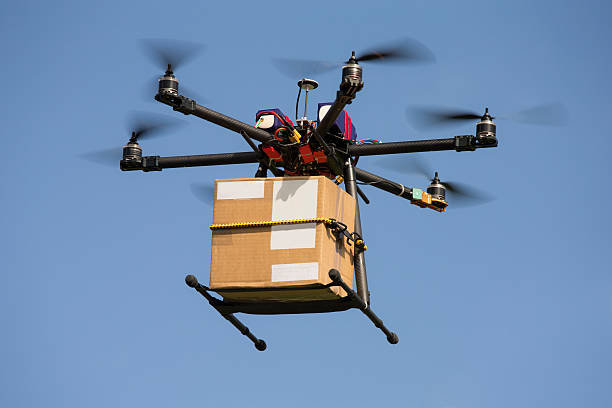
FedEx Express is testing a middle-mile autonomous drone in collaboration with Elroy Air to improve its efficiency, operational productivity, and safety. FedEx will test Eloy Air’s hybrid-electric vertical take-off and landing (VTOL) aircraft Chaparral. This autonomous aircraft is able to pick up 300 to 500 pounds of cargo and deliver it up to 300 miles away without human assistance. Read more from Supplychaindive
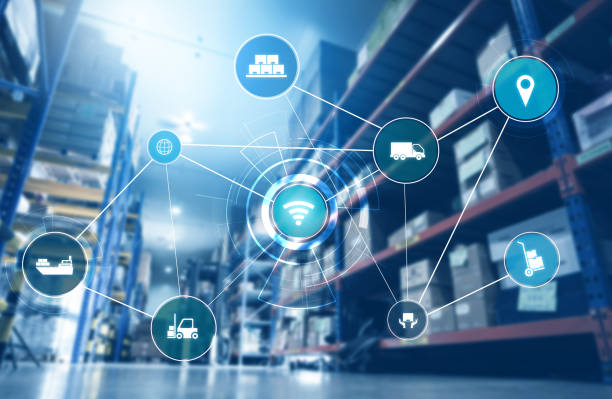
As per the Ernst and Young (EY) report, the ASEAN region’s businesses and retail companies should optimise their supply chains to drive growth. The companies need to balance between the just-in-case and just-in-time models, stocking in-house large inventories. As per the EY report, firms should feature digital twinning which is a digitised replica of an already existing supply chain, enabling companies to make strategic decisions via real-time data. The report unfolds that Vietnam’s Seaport Master Plan for 2021-2030 would reduce logistics costs, while Malaysia’s Industry4WRD National Policy would enable companies to feature digital technologies in the manufacturing sector. The study further holds that the four categories, including consumer goods, electronic manufacturing, healthcare equipment, and agriculture tech, would drive growth for the businesses in the ASEAN region. Read more from Businesstimes
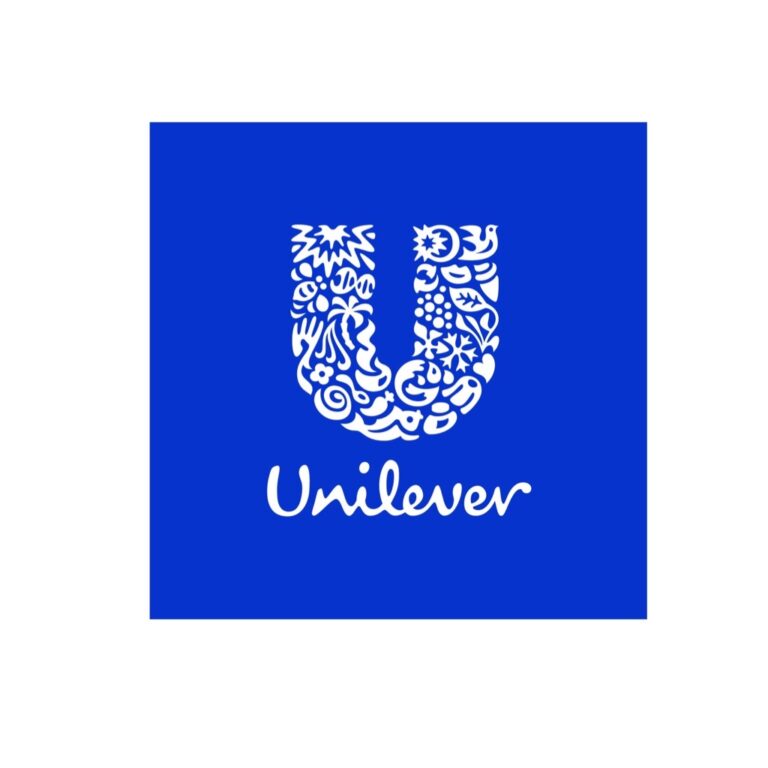
Unilever entered into a joint venture with SAP to pivot a blockchain solution, allowing the CG giant to track palm oil across its supply chain operations. Last year, Unilever utilised the Green Token solution provided by SAP to create digital tokens for palm oil fruits, allowing suppliers to capture their origin’s information and track their journey. As blockchain is an effective way of tracking products across complex supply chain operations, SAP’s Green Tokens provide companies with strategic blockchain solutions. These solutions range from assuring the sustainable origin of palm oil products to effective traceability of the products. Unilever stepped into the blockchain years ago, collaborating with Sainsbury, Barclays, BNP Paribas, and Standard Chartered to improve operations across the tea supply chain. Read more from Edie

As per the Fulfillment Vision Study, presented by Zebra Technologies Inc, 78% of logistic companies aim to offer same-day delivery by 2023, while 40% of them plan to deliver goods within two days by 2028. To achieve these targets, 87% of the companies plan to utilise crowdsourced delivery and 86% of the logistic businesses plan to launch buy online/pick up in-store trend in future. The manual spreadsheets are expected to be replaced with barcode scanners, as per the response from 94% of omnichannel retailers. Respondents believe that the most disruptive technologies of the future will be robotics 37%, mobile tech 37%, autonomous vehicles 38%, and drones 39%. The need for inventory accuracy will grow by 83% in North America. More than 80% of the European and Middle Eastern businesses will use store inventory to fulfil orders, and 95% of Asia-Pacific respondents think that e-commerce is driving the need for faster delivery. Read more from Mhlnews
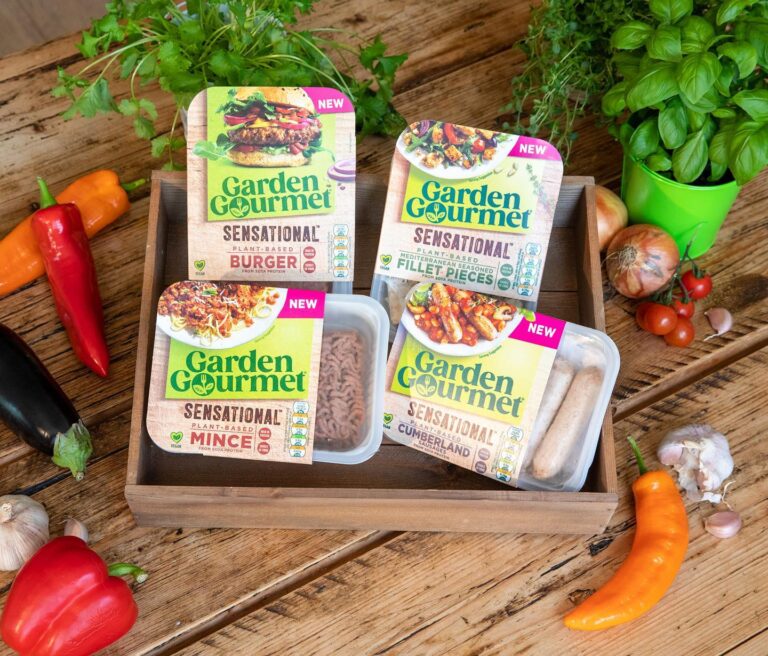
Nestlé has started to construct a new factory in the Belgrade municipality of Surcin to produce Plant-Based Eat Solutions (PBMS). The newly established factory will produce four types of vegan foods like steak, breast, medallions, and fillets under Nestlé’s Garden Gourmet portfolio that offers vegan food varieties to consumers. Marjana Davidovic, the country manager of Nestlé’s Adriatic Hub South claimed that Nestlé’s new vegan line would use locally sourced raw materials like soy. Plus, the facility would export goods to the Netherlands, U.K, France, Italy, Spain, and Germany. Read more from Esmmagazine

L’Oréal’s global director of sustainable packaging, Brice Andre, stated that the future of beauty packaging will be a blend of both sustainability and desirability inspired by strong cross-industrial partnerships. He added that the packaging industry would advance due to the development of lifecycle analysis, material science, and smart product design. The beauty giant presented its global sustainability goals for 2030, comprising of the following three commitments 1, the launch of recycled or bio-based plastic packaging. 2, carbon-neutral company sites and centres. 3, utilisation of 95% of bio-based ingredients. L’Oréal is expanding its network by partnering with Nestle Waters, Suntory Beverages & Food Europe, and PepsiCo to create infinitely recyclable bottles. Plus, L’Oréal’s collaboration with LanzaTech to develop carbon-capture packaging materials is another step towards the establishment of eco-sustainable packaging. Read more from cosmeticsdesign
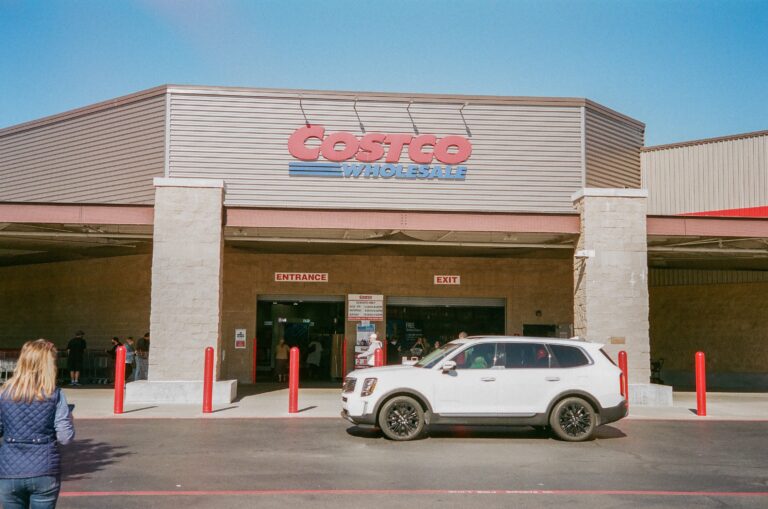
To fulfil the U.S surged e-commerce demands, Costco delivers 85% of its LTL shipments from Costco Logistics. Costco Logistics offers in-house delivery of big and bulky products to scale up its customer satisfaction. Costco had acquired Costco Logistics as Innovel Solutions for $1 billion back in March 2020. According to the Executive Vice President and CFO, Richard Galanti, deliveries for Costco Logistics increased 22% year over year. Read more from Supplychaindive
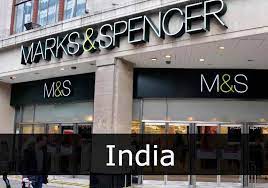
IBM has decided to help Marks & Spencer India to update its supply chain by integrating online channels and physical stores to improve customer satisfaction. M&S India is establishing an omnichannel capability with IBM’s efficient supply chain solutions, integrated with the Salesforce Commerce Cloud. IBM entered into a partnership with Acuver Consulting to help M&S lead an omnichannel order management system to enhance order fulfilment solutions, effective go-to-market, and improve customer experience. Read more from Businessstandard
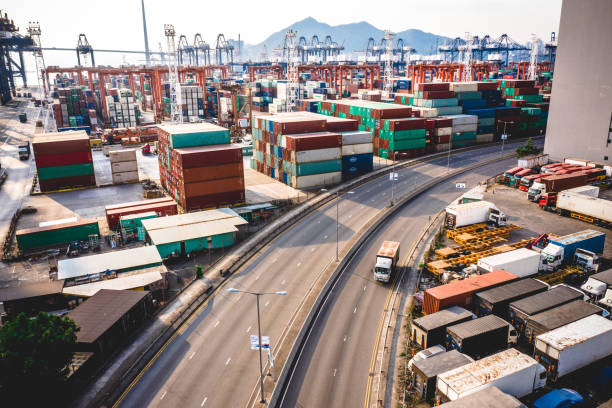
The SOK/INEX distribution centre in Sipoo is the most efficient logistic centre of northern Europe, processing multiple units of clothing, sports items, media, electronic and gardening equipment every day. With the automated and semi-automated logistic systems of WITRON logistic and Informatik GmbH, the distribution centre is expanding into an omnichannel logistics centre. The goal of INEX is to manage a variety of distribution channels from a single unit, establishing a cost-effective and flexible management suite. Read more from Esmmagazine
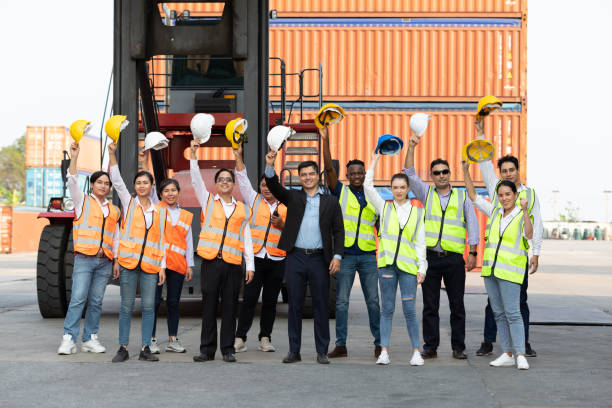
Google has pledged to invest $2.5 billion in diverse suppliers in 2022, according to the vice president of global procurement & chief procurement officer, Jennifer Moceri. The tech firm aims to branch out its supplier diversity program beyond America. As the company is working to expand its program globally, it is also working to focus on the development, mentorship, and versatile partnership programs. Read more from Supplychaindive
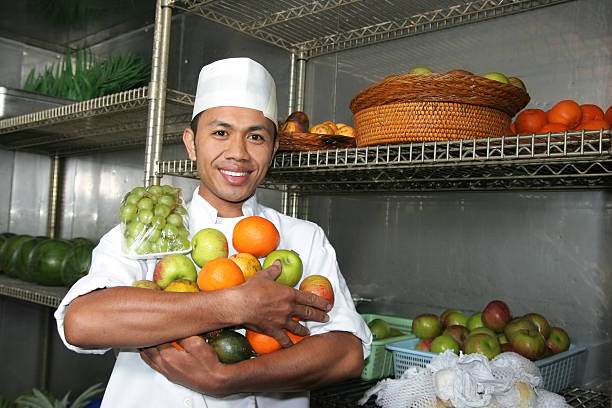
OneOrder, a newly established logistics company in Egypt, has successfully raised $1 million in funds to help restaurants address supply inefficiencies. OneOrder is developing a single app solution for restaurants facing multiple sourcing issues like collaborating with numerous small and big vendors for sourcing meat and packaged goods. The unorganised supply chain network leads to non-transparent and uncertain pricing and production of low-quality meals that are served to consumers. Plus, unexpected delays in supply delivery time limit restaurants’ menu options. OneOrder’s application aims to target these above-mentioned issues by offering quality-driven products, consistent pricing, and punctual timings. Read more from Techjuice
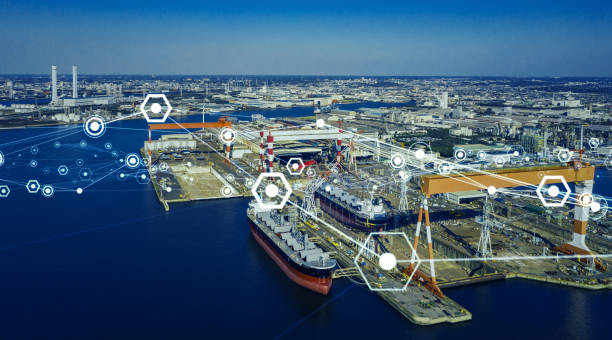
DP World has launched a new digital supply chain platform named Cargoes Logistics. The newly launched platform would offer consumers a single-window solution, providing secure, seamless, and safe cargo movements. Cargoes Logistics offers consumers multiple logistic options, including, road, rail, or shipment freight by the sea with a booking confirmation alert. Consumers can pay via multiple payment options after searching, choosing, and booking their cargo. The initial stage of the launch would enable consumers to book cargo from UAE to India and from India to multiple regions like Middle East, Subcontinent, Southeast Asia, and North Africa. Besides, DP World has planned to establish an investment platform in Africa to create employment opportunities and boost trade across the country. Read more from Gulfbusiness
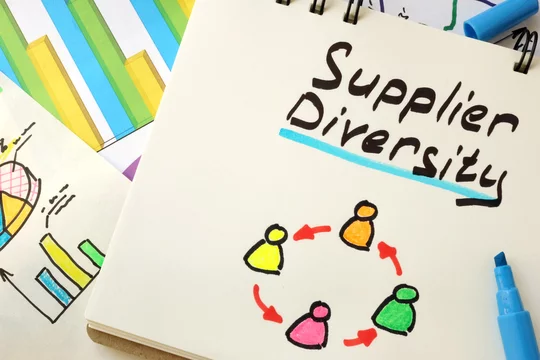
With the growing concerns about diversity and sustainability, many retailers plan to establish a network of diverse suppliers and vendors. For this purpose, Peapod Digital Labs has planned to organize four virtual events in 2022, allowing retailers to connect with diverse and certified businesses. Working on similar grounds, Albertsons plans to further develop its supplier diversity plan and Sam’s Club plans to host a supplier diversity summit in April. Efficient Collaborative Retail Marketing (ECRM) is also hosting a virtual event in April 2022 and multiple retailers, including Albertsons, Aldi, Kroger, Target, and Sam’s Club, have registered to collaborate with brands that are verified and operated by minorities. Read more from Supplychaindive
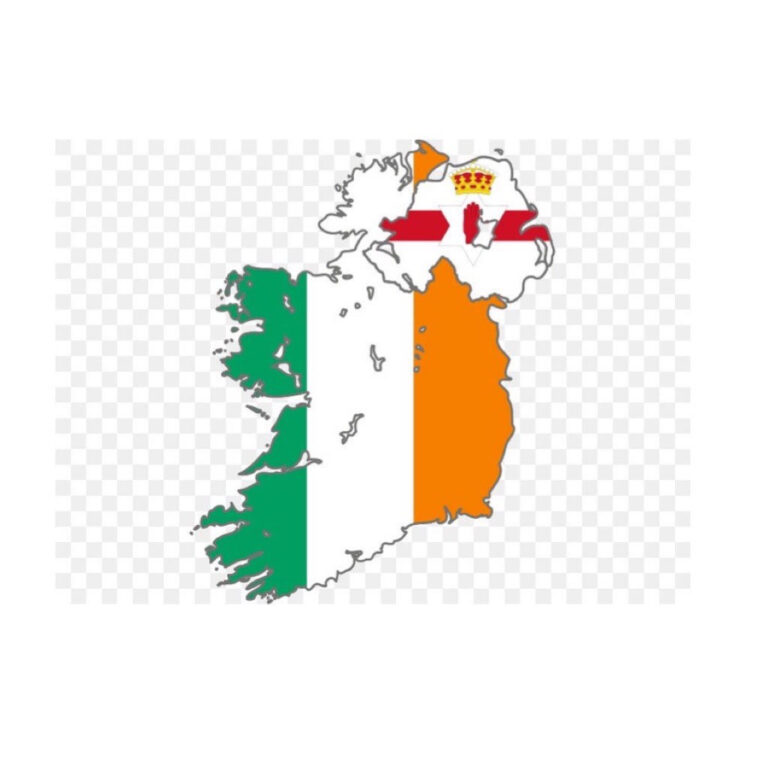
During the first year (2021) of Brexit, UK’s withdrawal from European Union UN, trading between Ireland and Northern Ireland expanded at an unimaginable rate. The import rate increased up to 65%, while exports to the region administered by Britain expanded up to 54%. Although Ireland’s imports from Britain were 32% lower during the start of 2021, the trading rate improved as 2021 progressed. The gross trade rate grew up to 18%, reaching the record rate of €102 billion or $116 billion, inclusive of €1.6 billion boost from Northern Ireland. Read more from Esmmagazine
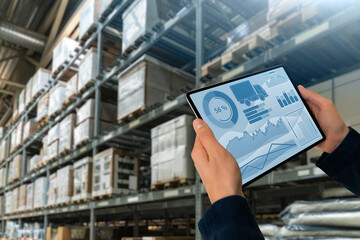
Gartner Inc. forecasts that 25% of logistic decisions will be taken by innovative edge ecosystems by 2025. The advanced edge ecosystems will drive data processing, storage, and communication, enabling smoother workflow. Edge computing decision-making has been already deployed across supply chain operations, however, firms are currently planning to expand the autonomous network of edge decisions. Gartner. Inc. expects that big logistic firms would replace humans in distribution centres with intralogistics smart robots that are based on cyber-physical robotic automation by 2026. Read more from Mhlnews

SPAR Group, South Africa’s largest retailer, has experienced an increase of 5.8% in sales across its international chains, including the Irish BWG Foods (6.9%), Switzerland-based stores (1.9%), and Polish stores (11.8%). The reliable and resilient strategies enabled the retailer to hit a €2.67 billion valuation. Due to the increased demand and sales of liquor, South Africa’s SPAR enjoyed a wholesale growth of 8.2%. While at the Switzerland-based operations, the turnover rate increased up to 15.9%. Read more from Esmmagazine

Supply chain disruptions are inevitable, and they show little sign of abating.

Flytrex, a drone delivery company, has collaborated with Unilever’s first online-only shop named, The Ice Cream Shop.

CPG companies have been facing supply chain challenges for quite some time.

Hostess Brands, Inc. is determined to work with its supply chain department and come up with innovative solutions to reduce packaging.

FedEx has partnered with the e-commerce wholesale product seller, Boxed, and signed a multi-year agreement to deliver most of its shipments.

CPG giants like Colgate-Palmolive, Coca-Cola Company, and Unilever have decided to support Anheuser-Busch InBev (AB InBev) 100+ Accelerator to test and fund sustainably innovative startups in the supply chain. The 100+ Accelerator is a global incubation programme that is determined to provide solutions for supply chain challenges across sustainable agriculture, circular economy, climate action, and water stewardship. Along with funding piloting startups, the incubator programme offers mega support to startups by providing them with a team of professionals who help them test their technologies in a large supply chain network. The support of The Coca-Cola Company, Colgate-Palmolive, and Unilever will help grow this initiative and further develop the value proposition of the AB InBev 100+ Accelerator brand and aim. Read more from Consumergoods

Frucor Suntory, the beverage giant, has planned to invest $400 million to build a new manufacturing plant in Ipswich, Queensland. The Suntory Beverage & Food APAC CEO, Taka Sanno, said that the brand sees chances of potential growth in Australia, which is why Suntory has decided to build a new manufacturing facility in the region. The plant will be able to manufacture a variety of delicious and refreshing drinks, plus, it will serve as a one-window facility where processing, packaging, warehousing, and distribution functions will take place. Read more from Insidefmcg

A global supplier of processed meat, chicken and beef products, JBS, has rolled out its new business titled No Carbon. No Carbon deals with 100% electric truck rentals and will help JBS achieve its net zero-emission goals by 2040. The company’s new business will function under JBS Novos Negócios and will manage a fleet of electric-powered refrigerated trucks. The company will initially serve in-house brands by managing the logistic operations of JBS’s Friboi, Seara, and Swift brands. The executive director at JBS Novos Negócios, Susana Martins Carvalho, remarked that No carbon will enable JBS to scale electric trucks in cargo transport in Brazil. Read more from EsmMagazine

Most of the global CPG companies are stepping up their games to reduce their carbon footprint. DHL recently published its white paper titled “Logistics of the Energy Revolution”, shedding light on some concern-worthy facts. As per the white paper, there are five areas critical for the energy transition, and companies need to keep a closer eye on them. These areas involve work end-to-end, collaboration, digitalisation, identification of transferable skills, focus on visibility, and opting for sustainable logistics solutions. The supply chain, specifically, has to undergo major transformations like digitalisation, new technologies to monitor consumption behaviours, and new logistics management processes. If CPG companies aim to achieve energy transition, they should strategically plan for the future and address logistics challenges. Read more from ArabianBusiness

Pepsico is utilising an AI-empowered solution to improve efficiency and establish digital innovation across its supply chain operations. PepsiCo will use 09 Solutions’ integrated business planning platform to perform real-time scenario planning. The beverage giant would be able to evaluate the supply chain and commercial situation with the help of real-time scenario planning. Plus, the firm would help PepsiCo improve its execution arm. Read more from ConsumerGoods

Most retailers and brands struggle to acquire a fast and affordable supply chain technology like Amazon and Walmart. Shipium has decided to provide Amazon-like supply chain tech to e-commerce retailers. Shipium is establishing a tech stack, providing retailers with a supply chain coordination layer that allows them to deliver a shipment at faster and cheaper rates. The company uses the data modeling design to gather information about the cheapest and fastest shipping method and then automates it with machine learning. This way, the company claims to reduce the shipping cost by 5% and speed up the estimated delivery time. Read more from TechCrunch

A Pakistani B2B tech platform, Zaraye, connects manufacturers with suppliers, and it has raised $2.1 million in its pre-seed funding. Big names like Tiger Global and Zayn Capital participated in the funding round. Zaraye not only offers raw materials but also provides working capital to manufacturing businesses. Traditionally, manufacturers connect with suppliers directly and wait for their final rate call. However, with Zaraye, manufacturers are given an autonomous position, where they can post their requirements and suppliers can quote from Zaraye’s network of buyers. Read more from TechCrunch

Instacart has expanded its services from being a grocery delivery platform to a suite provider for retailers, featuring technological and digital services. The company recently launched the Instacart platform, which offers e-commerce development, in-store technology like smart carts and data tools. In the marketing field, it benefitted other brands through its new marketing capabilities, like creating CPG brand pages that act as digital storefronts. Instacart has not only partnered with famous grocers like Kroger, The Giant Company, and Walmart but it has also joined hands with Walgreens and Best Buy to deliver non-grocery items, including medicines and electronic products. Read more from Modernretail

As per Mintel’s 2022 global consumer trends, 61% of UK consumers prefer to buy from brands that are committed to ethical sourcing and working for the betterment of the environment. As palm oil is a key ingredient in every product sold by supermarkets, retailers need to transparently communicate the sourcing information to inform consumers that the product is not connected with deforestation or human rights and supply chain system violations. The majority of retailers have committed to sourcing 100% sustainable palm oil-based materials along with opting for a supply chain model that separates certified palm oil from an ordinary one, like the RSPO Segregated supply chain model. Retailers can assure consumers about ethical sourcing via labelling and featuring the RSPO trademark logo on their product packaging. Read more from Esmmagazine

FedEx Express is testing a middle-mile autonomous drone in collaboration with Elroy Air to improve its efficiency, operational productivity, and safety. FedEx will test Eloy Air’s hybrid-electric vertical take-off and landing (VTOL) aircraft Chaparral. This autonomous aircraft is able to pick up 300 to 500 pounds of cargo and deliver it up to 300 miles away without human assistance. Read more from Supplychaindive

As per the Ernst and Young (EY) report, the ASEAN region’s businesses and retail companies should optimise their supply chains to drive growth. The companies need to balance between the just-in-case and just-in-time models, stocking in-house large inventories. As per the EY report, firms should feature digital twinning which is a digitised replica of an already existing supply chain, enabling companies to make strategic decisions via real-time data. The report unfolds that Vietnam’s Seaport Master Plan for 2021-2030 would reduce logistics costs, while Malaysia’s Industry4WRD National Policy would enable companies to feature digital technologies in the manufacturing sector. The study further holds that the four categories, including consumer goods, electronic manufacturing, healthcare equipment, and agriculture tech, would drive growth for the businesses in the ASEAN region. Read more from Businesstimes

Unilever entered into a joint venture with SAP to pivot a blockchain solution, allowing the CG giant to track palm oil across its supply chain operations. Last year, Unilever utilised the Green Token solution provided by SAP to create digital tokens for palm oil fruits, allowing suppliers to capture their origin’s information and track their journey. As blockchain is an effective way of tracking products across complex supply chain operations, SAP’s Green Tokens provide companies with strategic blockchain solutions. These solutions range from assuring the sustainable origin of palm oil products to effective traceability of the products. Unilever stepped into the blockchain years ago, collaborating with Sainsbury, Barclays, BNP Paribas, and Standard Chartered to improve operations across the tea supply chain. Read more from Edie

As per the Fulfillment Vision Study, presented by Zebra Technologies Inc, 78% of logistic companies aim to offer same-day delivery by 2023, while 40% of them plan to deliver goods within two days by 2028. To achieve these targets, 87% of the companies plan to utilise crowdsourced delivery and 86% of the logistic businesses plan to launch buy online/pick up in-store trend in future. The manual spreadsheets are expected to be replaced with barcode scanners, as per the response from 94% of omnichannel retailers. Respondents believe that the most disruptive technologies of the future will be robotics 37%, mobile tech 37%, autonomous vehicles 38%, and drones 39%. The need for inventory accuracy will grow by 83% in North America. More than 80% of the European and Middle Eastern businesses will use store inventory to fulfil orders, and 95% of Asia-Pacific respondents think that e-commerce is driving the need for faster delivery. Read more from Mhlnews

Nestlé has started to construct a new factory in the Belgrade municipality of Surcin to produce Plant-Based Eat Solutions (PBMS). The newly established factory will produce four types of vegan foods like steak, breast, medallions, and fillets under Nestlé’s Garden Gourmet portfolio that offers vegan food varieties to consumers. Marjana Davidovic, the country manager of Nestlé’s Adriatic Hub South claimed that Nestlé’s new vegan line would use locally sourced raw materials like soy. Plus, the facility would export goods to the Netherlands, U.K, France, Italy, Spain, and Germany. Read more from Esmmagazine

L’Oréal’s global director of sustainable packaging, Brice Andre, stated that the future of beauty packaging will be a blend of both sustainability and desirability inspired by strong cross-industrial partnerships. He added that the packaging industry would advance due to the development of lifecycle analysis, material science, and smart product design. The beauty giant presented its global sustainability goals for 2030, comprising of the following three commitments 1, the launch of recycled or bio-based plastic packaging. 2, carbon-neutral company sites and centres. 3, utilisation of 95% of bio-based ingredients. L’Oréal is expanding its network by partnering with Nestle Waters, Suntory Beverages & Food Europe, and PepsiCo to create infinitely recyclable bottles. Plus, L’Oréal’s collaboration with LanzaTech to develop carbon-capture packaging materials is another step towards the establishment of eco-sustainable packaging. Read more from cosmeticsdesign

To fulfil the U.S surged e-commerce demands, Costco delivers 85% of its LTL shipments from Costco Logistics. Costco Logistics offers in-house delivery of big and bulky products to scale up its customer satisfaction. Costco had acquired Costco Logistics as Innovel Solutions for $1 billion back in March 2020. According to the Executive Vice President and CFO, Richard Galanti, deliveries for Costco Logistics increased 22% year over year. Read more from Supplychaindive

IBM has decided to help Marks & Spencer India to update its supply chain by integrating online channels and physical stores to improve customer satisfaction. M&S India is establishing an omnichannel capability with IBM’s efficient supply chain solutions, integrated with the Salesforce Commerce Cloud. IBM entered into a partnership with Acuver Consulting to help M&S lead an omnichannel order management system to enhance order fulfilment solutions, effective go-to-market, and improve customer experience. Read more from Businessstandard

The SOK/INEX distribution centre in Sipoo is the most efficient logistic centre of northern Europe, processing multiple units of clothing, sports items, media, electronic and gardening equipment every day. With the automated and semi-automated logistic systems of WITRON logistic and Informatik GmbH, the distribution centre is expanding into an omnichannel logistics centre. The goal of INEX is to manage a variety of distribution channels from a single unit, establishing a cost-effective and flexible management suite. Read more from Esmmagazine

Google has pledged to invest $2.5 billion in diverse suppliers in 2022, according to the vice president of global procurement & chief procurement officer, Jennifer Moceri. The tech firm aims to branch out its supplier diversity program beyond America. As the company is working to expand its program globally, it is also working to focus on the development, mentorship, and versatile partnership programs. Read more from Supplychaindive

OneOrder, a newly established logistics company in Egypt, has successfully raised $1 million in funds to help restaurants address supply inefficiencies. OneOrder is developing a single app solution for restaurants facing multiple sourcing issues like collaborating with numerous small and big vendors for sourcing meat and packaged goods. The unorganised supply chain network leads to non-transparent and uncertain pricing and production of low-quality meals that are served to consumers. Plus, unexpected delays in supply delivery time limit restaurants’ menu options. OneOrder’s application aims to target these above-mentioned issues by offering quality-driven products, consistent pricing, and punctual timings. Read more from Techjuice

DP World has launched a new digital supply chain platform named Cargoes Logistics. The newly launched platform would offer consumers a single-window solution, providing secure, seamless, and safe cargo movements. Cargoes Logistics offers consumers multiple logistic options, including, road, rail, or shipment freight by the sea with a booking confirmation alert. Consumers can pay via multiple payment options after searching, choosing, and booking their cargo. The initial stage of the launch would enable consumers to book cargo from UAE to India and from India to multiple regions like Middle East, Subcontinent, Southeast Asia, and North Africa. Besides, DP World has planned to establish an investment platform in Africa to create employment opportunities and boost trade across the country. Read more from Gulfbusiness

With the growing concerns about diversity and sustainability, many retailers plan to establish a network of diverse suppliers and vendors. For this purpose, Peapod Digital Labs has planned to organize four virtual events in 2022, allowing retailers to connect with diverse and certified businesses. Working on similar grounds, Albertsons plans to further develop its supplier diversity plan and Sam’s Club plans to host a supplier diversity summit in April. Efficient Collaborative Retail Marketing (ECRM) is also hosting a virtual event in April 2022 and multiple retailers, including Albertsons, Aldi, Kroger, Target, and Sam’s Club, have registered to collaborate with brands that are verified and operated by minorities. Read more from Supplychaindive

During the first year (2021) of Brexit, UK’s withdrawal from European Union UN, trading between Ireland and Northern Ireland expanded at an unimaginable rate. The import rate increased up to 65%, while exports to the region administered by Britain expanded up to 54%. Although Ireland’s imports from Britain were 32% lower during the start of 2021, the trading rate improved as 2021 progressed. The gross trade rate grew up to 18%, reaching the record rate of €102 billion or $116 billion, inclusive of €1.6 billion boost from Northern Ireland. Read more from Esmmagazine

Gartner Inc. forecasts that 25% of logistic decisions will be taken by innovative edge ecosystems by 2025. The advanced edge ecosystems will drive data processing, storage, and communication, enabling smoother workflow. Edge computing decision-making has been already deployed across supply chain operations, however, firms are currently planning to expand the autonomous network of edge decisions. Gartner. Inc. expects that big logistic firms would replace humans in distribution centres with intralogistics smart robots that are based on cyber-physical robotic automation by 2026. Read more from Mhlnews

SPAR Group, South Africa’s largest retailer, has experienced an increase of 5.8% in sales across its international chains, including the Irish BWG Foods (6.9%), Switzerland-based stores (1.9%), and Polish stores (11.8%). The reliable and resilient strategies enabled the retailer to hit a €2.67 billion valuation. Due to the increased demand and sales of liquor, South Africa’s SPAR enjoyed a wholesale growth of 8.2%. While at the Switzerland-based operations, the turnover rate increased up to 15.9%. Read more from Esmmagazine
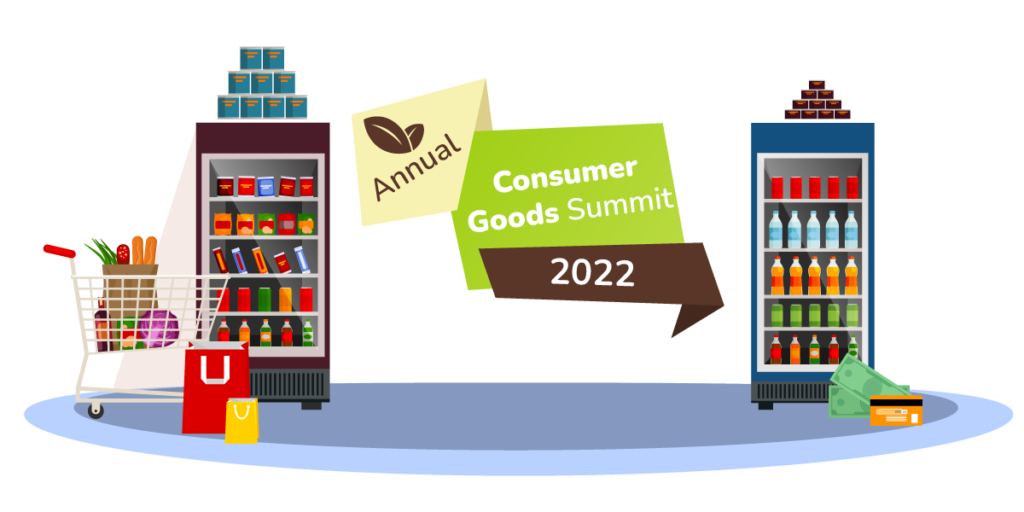
Consumer Goods industry will surpass $15T globally by 2025. However the old business model of mass distribution is about to become obsolete. Digital Transformation, Millennials and Gen Z effect, Direct to Consumer and Post-Covid World are going to reshape the winning formula for the new era CG industry. Our weekly newsletter covers global innovations and disruptions in CG industry.
ConsumerGeniuses is managed by IndustryGeniuses (A place where industries meet innovation). We are rolling out content platforms for the world’s hottest industries such as Food & Grocery Retail, Consumer Goods and Healthcare. For each of these key industries, we support Tech Startups and Industry Disruptors as they roll out next generation digital initiatives.
IndustryGeniuses team brings practical domain knowledge of working with 300+ tech startups and brands over the past decade.